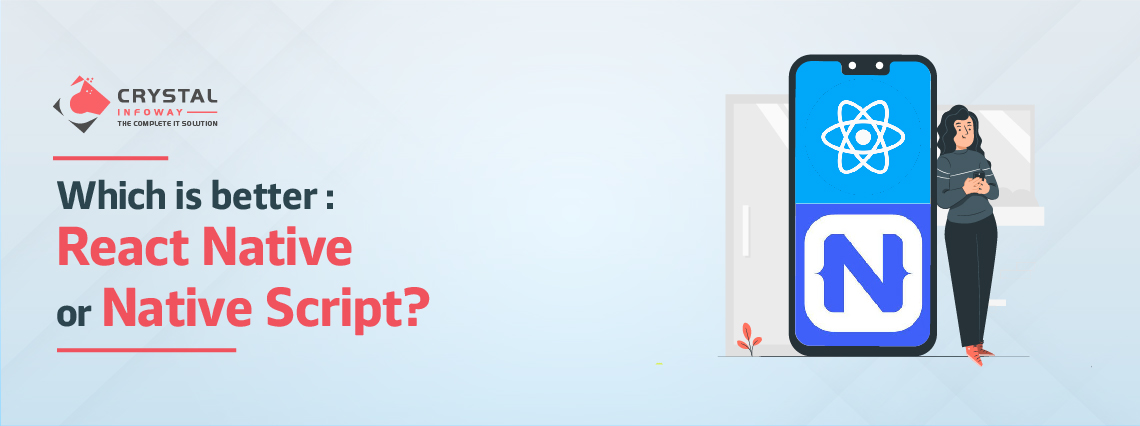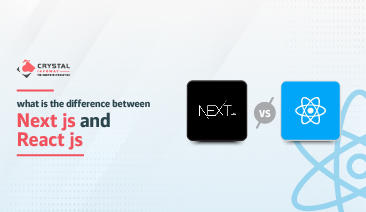
Request a Call Back
Enter your contact details and one of our friendly team member will be in touch soon!.

Enter your contact details and one of our friendly team member will be in touch soon!.

When it comes to developing mobile applications, there are many options to choose from, including React Native and NativeScript. Both of these frameworks are open-source and have been gaining popularity among developers due to their ability to create high-quality mobile apps quickly and efficiently. However, which one is better for your needs? In this blog, we'll explore the differences between React Native and NativeScript, and help you determine which one is best suited for your project.
React Native is a popular open-source framework developed by Facebook that allows developers to create high-quality native mobile apps for both iOS and Android using JavaScript and React. It provides a way to build cross-platform mobile applications with a single codebase, making it an attractive option for developers looking to save time and resources.
One of the main advantages of React Native is that it offers a fast development cycle, allowing developers to see changes immediately as they make them. React Native also has a large and active community, with a vast array of resources and plugins available for developers to use.
NativeScript is an open-source framework developed by Progress that allows developers to create cross-platform native mobile apps using JavaScript and Angular or Vue.js. It offers a unique approach to building mobile apps, using a single codebase to generate native apps for both iOS and Android.
One of the main advantages of NativeScript is that it offers complete access to native APIs and UI components, allowing developers to build apps with the same look and feel as native apps. NativeScript also offers a high level of performance and a fast development cycle, making it an attractive option for developers looking to build high-quality native mobile apps quickly.
Language and Framework
React Native uses JavaScript and the React framework, while NativeScript uses JavaScript with Angular or Vue.js. React Native has a simpler architecture, making it easier for developers to get started, but it has a steep learning curve for those who are new to React. On the other hand, NativeScript has a steeper learning curve, but it offers complete access to native APIs and UI components.
Native APIs and UI Components
React Native uses a bridge to communicate with native APIs and UI components, while NativeScript provides complete access to native APIs and UI components. This means that developers using NativeScript have more control over the look and feel of their app, while React Native developers have to rely on the framework's components.
Performance
Both frameworks offer high performance, but NativeScript is known for its fast startup time and smoother animations due to its direct access to native APIs and UI components. React Native, on the other hand, may suffer from performance issues when using complex UI components or animations.
Community and Resources
React Native has a large and active community, with many resources and plugins available to developers. NativeScript also has a growing community, but it may be harder to find resources and support compared to React Native.
When it comes to choosing between React Native and NativeScript, it ultimately depends on your project requirements and development goals. React Native is a great option for developers who want to build cross-platform mobile apps quickly and efficiently, without worrying too much about the native look and feel. NativeScript, on the other hand, is better suited for developers who want complete control over the look and feel of their app, and who are willing to invest more time in the learning curve.
In summary, both React Native and NativeScript are great options for building cross-platform native mobile apps. React Native has a simpler architecture and a larger community, making it easier to get started, while NativeScript offers complete access to native APIs and UI components, providing developers with more control over the look and feel of their app. Ultimately, the choice between the two frameworks will depend on your project's specific requirements and expertise.




Introduction ReactJS and NextJS are two...
Read More